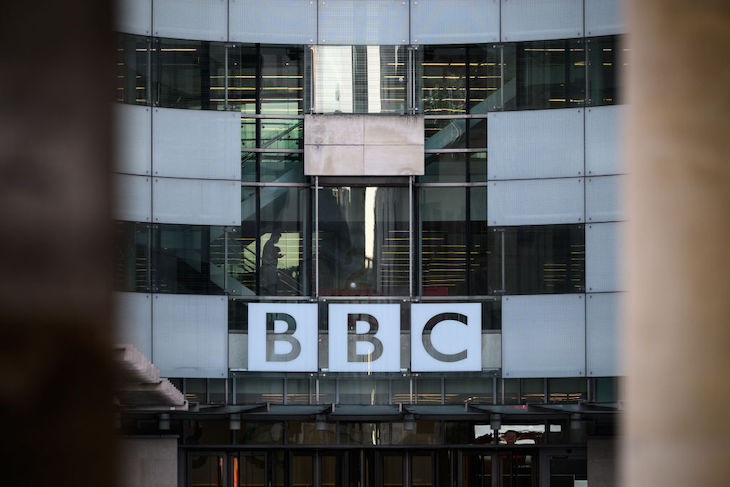Kemi Badenoch has become fixated on accusing Keir Starmer of not telling the truth at Prime Minister’s Questions, to the extent that she is neglecting to push him on individual issues. The Tory leader merely used the winter fuel payment, the impact of national insurance hikes on charities and hospices, and Brexit as devices for her grand theme of the Prime Minister not answering the question and not telling the truth. It would have been better to hammer away at one topic to make Starmer uncomfortable, rather than allowing him to do the thing that Badenoch was complaining about: dodging the issue.
The Leader of the Opposition started off by complaining about the Waspi women. She then performed an uncomfortable handbrake turn and asked about ‘another group of pensioners’. Badenoch accused Labour ministers of ‘playing politics’ on the Waspi campaign for years, before admitting ‘that we were right all along’. She added: ‘Let’s ask about another group of pensioners whose trust was broken. Since the Chancellor cut winter fuel payments, how many extra people have applied for pension credit?’
The Prime Minister insisted in response that the government had been driving up eligibility for pension credit and that it had been able to keep the triple lock because it had stabilised the economy. Badenoch said Starmer wasn’t answering the question because he didn’t know the answer. She pointed out that if the government succeeded in getting all 850,000 households eligible for pension credit signed up to it, then it would wipe out the savings. Starmer once again pointed out his government had been able to keep the triple lock, with Badenoch replying that the Tories had done this too.
The suggestion that the government hadn’t thought through its own policies ran through Badenoch’s next few questions. She added that some pensioners might die due to the winter fuel payment cuts, and asked a much better question this time, saying: ‘Did the Chancellor know what she was doing?’ Starmer, meanwhile, started to attack the Tory leader and her frontbench. He again told the Chamber that the shadow chancellor had said the triple lock was ‘unsustainable’ and she needed to explain how pensioners would be worse off under a Tory government. The Speaker interrupted here, reminding Starmer it was questions to the Prime Minister – not the leader of the opposition. Hoyle joked that perhaps the two should sort it out over a sandwich or a steak (a reference to Badenoch’s Spectator interview, which you can read here). Badenoch shot back that ‘the Prime Minister needs to misrepresent me to make his point, I don’t need to misrepresent him to make my point. The truth is he didn’t think this through.’
Then she moved onto the impact of higher national insurance contributions on charities and hospices, asking whether the Chancellor had ‘told the Prime Minister that her jobs tax is going to hit charities?’ Starmer continued to quote Badenoch’s old views rather than answering the question, and the Tory leader didn’t push back on his poor answers. Had she devoted all six questions to the impact of the NIC rise on charities and hospices, she could have had the Prime Minister in a much worse position.
In her final question, she listed the ways in which the government was making this winter harder for people, before accusing Starmer of being on the brink of giving away Britain’s Brexit freedoms.
The later stages of the session saw MPs, including Diane Abbott, complaining about the decision not to compensate Waspi women. There is clearly a great deal of disquiet about this on the backbenches, but as Badenoch showed, the main feeling the Tories have is relief they didn’t have to take that decision themselves.
Isabel Hardman discusses Kemi Badenoch’s performance at PMQs on the latest Coffee House Shots:








Comments